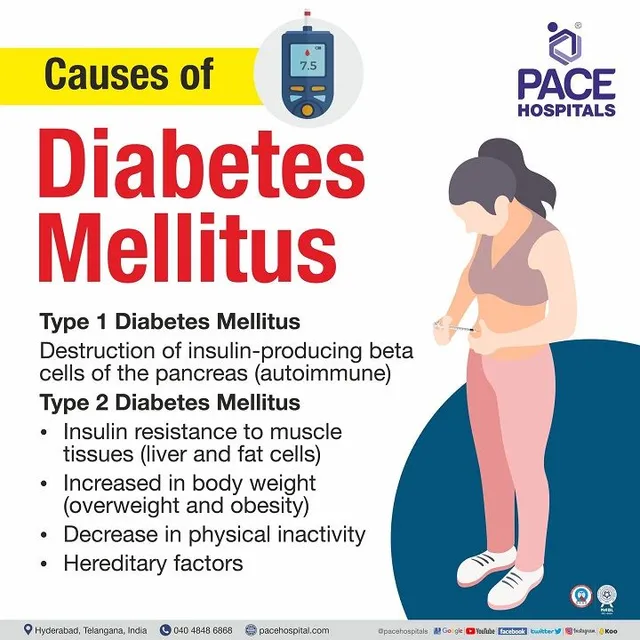Joanne Sharkey: A Life Marked by Tragedy and Reflection
Introduction
Joanne Sharkey’s name came into the public spotlight due to a tragic and deeply emotional case that spanned over two decades. Her story is one of loss, mental health struggles, and the complexities of justice. This article delves into her life, the events that led to national attention, and the broader discussions her case has sparked.
Early Life and Background
Joanne Sharkey was born in 1969 in the United Kingdom. She grew up in a normal household, leading an ordinary life before unforeseen circumstances altered her path. Details about her early education and career are limited, as she lived a relatively private life before the events that brought her into the public eye.
The 1998 Incident: A Life-Altering Event
In 1998, Joanne Sharkey, at the age of 28, gave birth to a baby boy in secrecy. At the time, she was reportedly suffering from undiagnosed postnatal depression. In a moment of extreme distress and mental instability, she suffocated the newborn. The infant’s body was later found wrapped in bin bags in a wooded area near Warrington, Cheshire.
The discovery led to an extensive investigation, but due to a lack of immediate leads, the case remained unsolved for over two decades. The unknown mother’s identity remained a mystery, leaving law enforcement with unanswered questions.
Breakthrough in the Case
Over two decades later, in 2023, a routine DNA check linked Joanne Sharkey to the deceased infant, leading to her arrest. This revelation shocked many, as she had moved on with her life, raising a family and living without suspicion for 25 years.
During the trial, she pleaded guilty to manslaughter by diminished responsibility and attempting to conceal the birth. Psychological assessments presented in court confirmed that she had been suffering from severe postnatal depression at the time of the incident.
Legal Proceedings and Sentencing
In 2025, after reviewing her mental health condition at the time of the incident, the court sentenced Joanne Sharkey to a two-year suspended prison term. The decision was based on the recognition that she was not in a stable mental state when the crime occurred.
The case raised important questions about how the legal system treats individuals who commit crimes under severe mental distress. Many legal experts and psychologists emphasized that her actions were not of malice but rather a result of untreated mental illness.
Family and Support System
Joanne Sharkey’s husband and son stood by her side throughout the legal proceedings. They acknowledged the emotional burden she had carried for decades and supported her during the trial. This public show of family support highlighted the long-lasting impact of mental health struggles on individuals and their loved ones.
Impact on Society and Mental Health Awareness
Joanne Sharkey’s case brought renewed attention to the importance of mental health support for new mothers. Postnatal depression (PND) is a serious condition that affects thousands of women globally, often going undiagnosed and untreated.
Her case underscored the following key issues:
- The need for better mental health screening for new mothers.
- The importance of removing stigma around postnatal depression.
- How the justice system should handle cases where mental health played a major role in a crime.
Many advocacy groups have since pushed for more accessible mental health services for pregnant women and new mothers, ensuring they receive the support they need before tragedies like this occur.
Lessons Learned and Future Considerations
Joanne Sharkey’s story is a tragic reminder of how untreated mental health conditions can lead to devastating consequences. Her case serves as a lesson for:
- Healthcare providers to identify signs of mental distress in new mothers.
- Society to show compassion and understanding for those struggling with mental illness.
- The legal system to find a balance between justice and rehabilitation in cases involving severe psychological distress.
Conclusion
While Joanne Sharkey’s life has been shaped by an event that cannot be undone, her case has ignited important discussions about mental health, justice, and social support.
Her story serves as both a cautionary tale and a call for greater awareness and intervention when it comes to mental health challenges, particularly among new mothers. The tragedy of 1998 remains a solemn event, but it has also provided society with an opportunity to reflect, learn, and prevent similar cases in the future.






